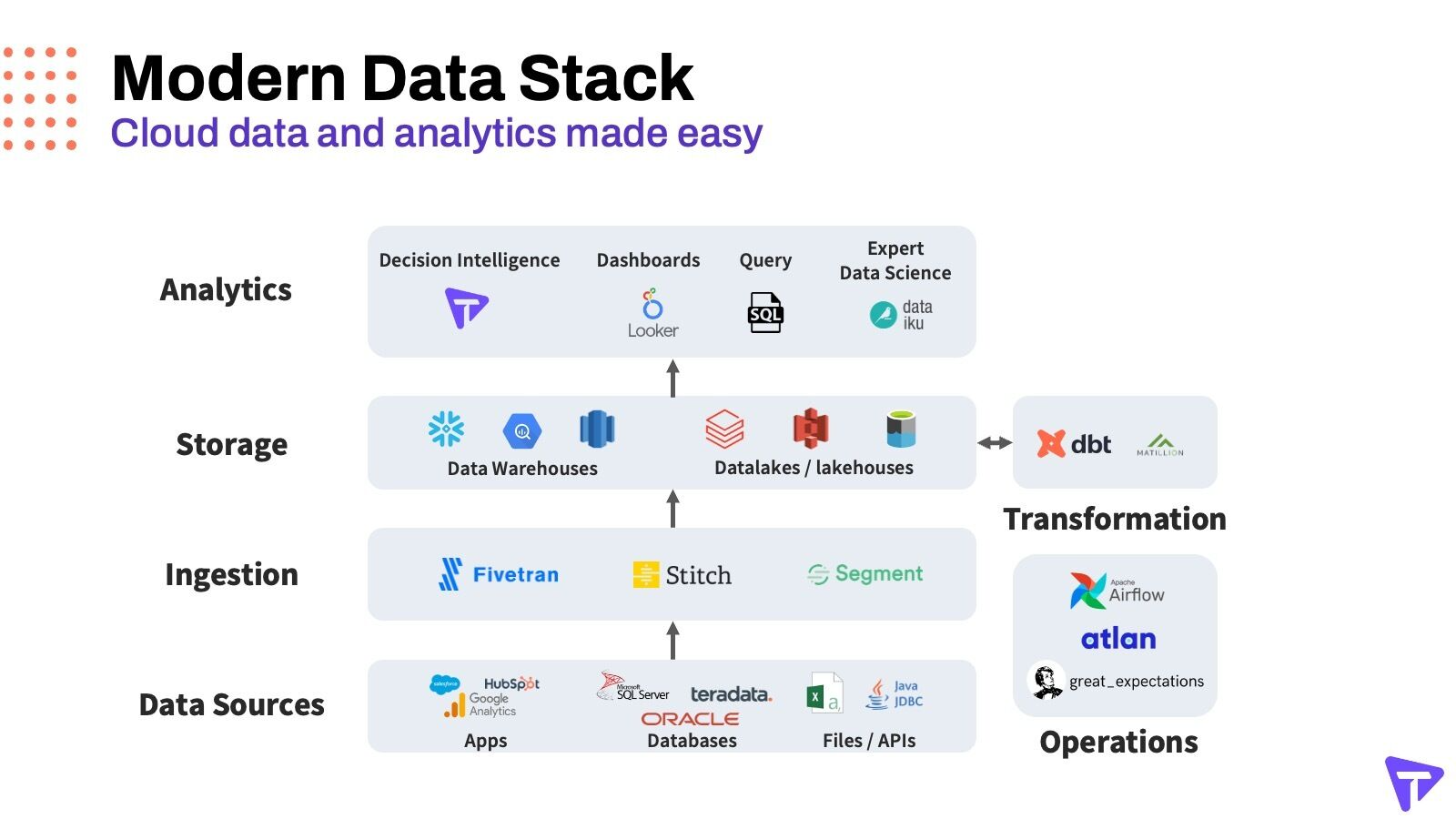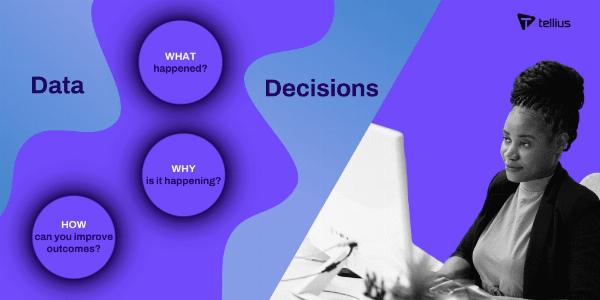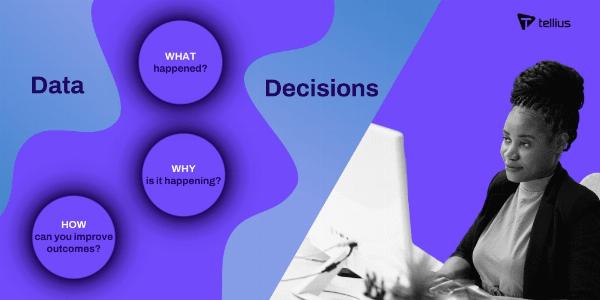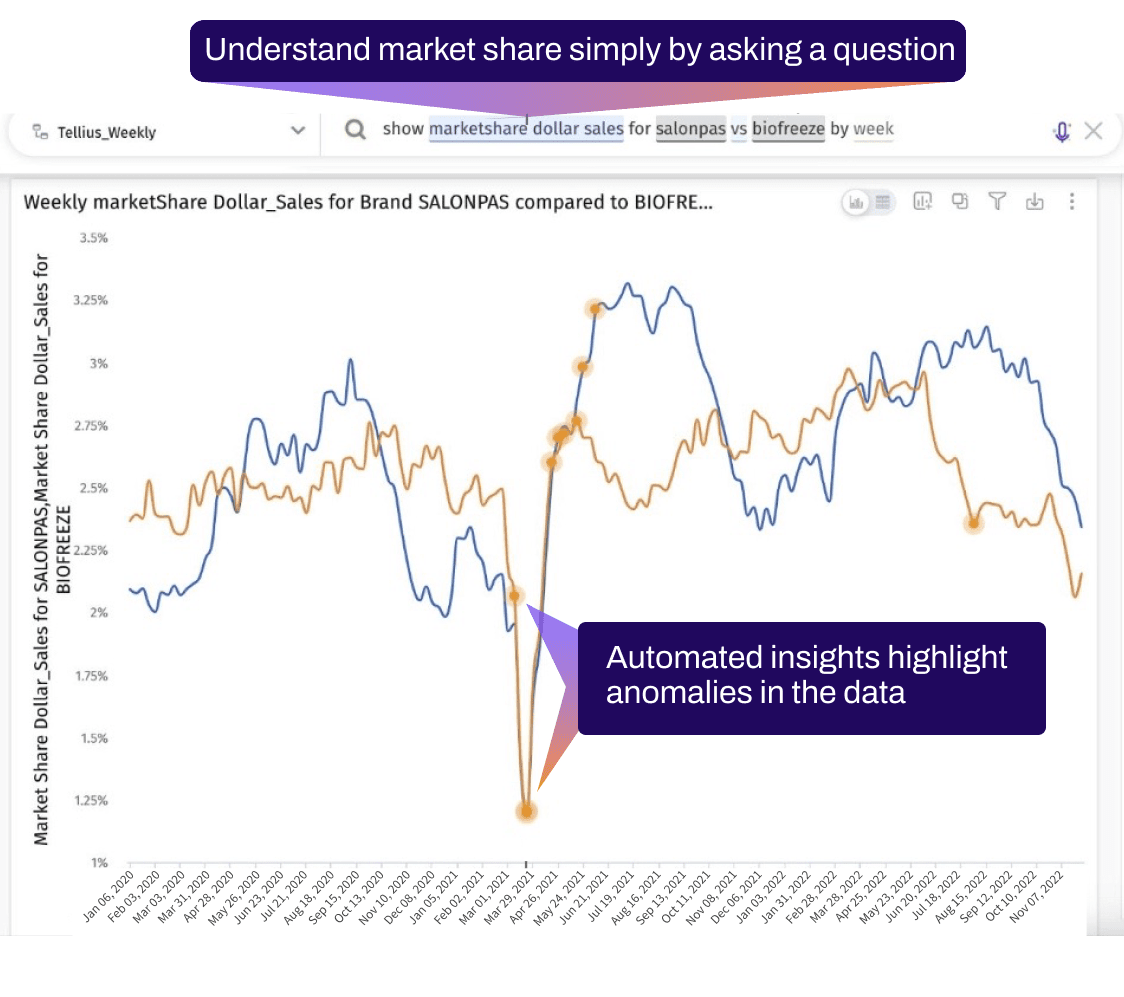Generative AI Analytics: Revolutionizing Data-Driven Decision Making
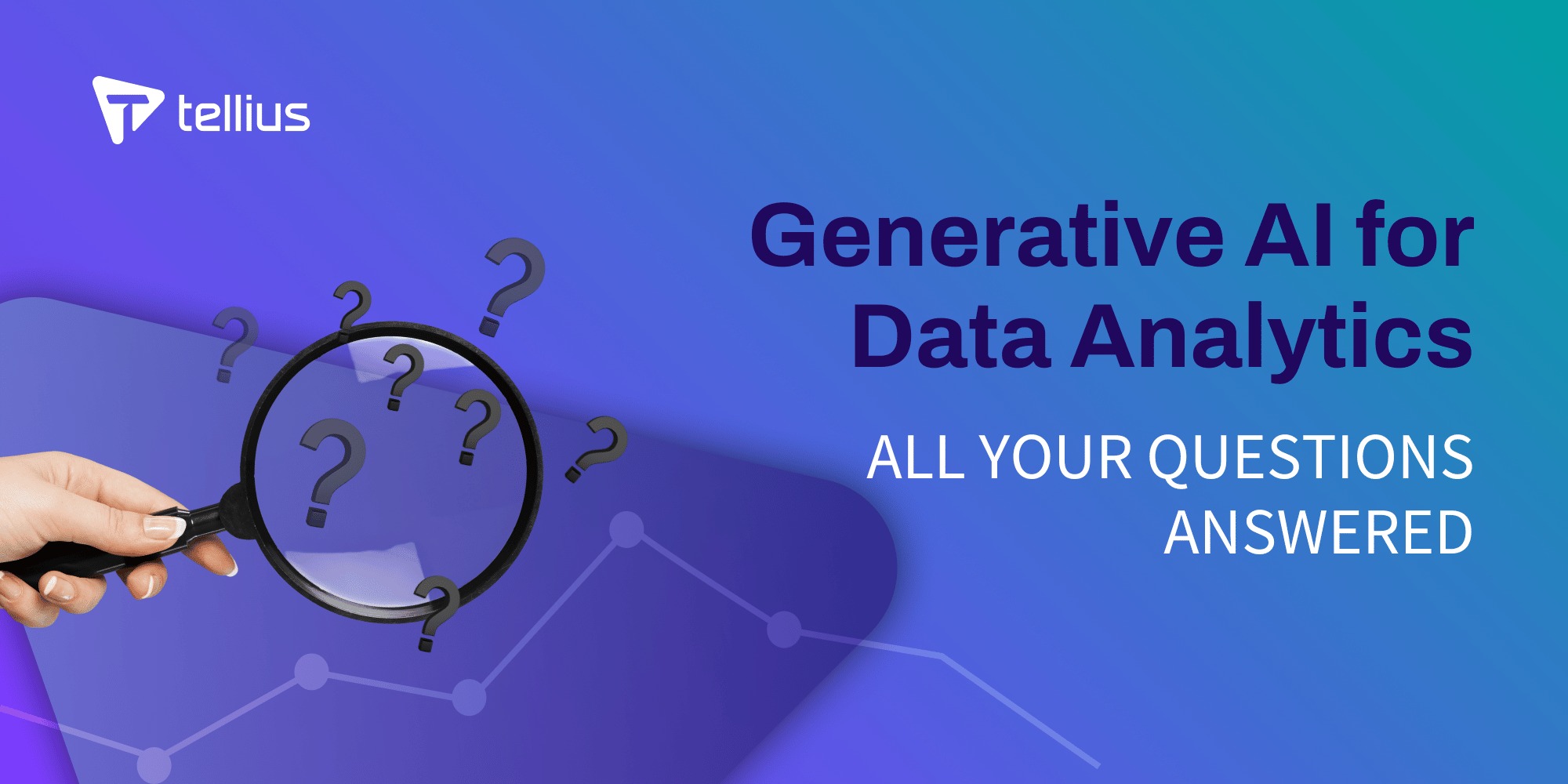
Generative AI analytics is transforming the way businesses harness data for insights, enabling organizations to leverage AI-powered tools to automate, optimize, and enhance decision-making processes. With its ability to produce human-like text, visuals, and data models, generative AI offers a groundbreaking approach to analyzing and interpreting complex datasets. This innovative application of AI is reshaping industries, from marketing and finance to healthcare and manufacturing, by offering faster, more efficient, and highly personalized analytics solutions.
What is Generative AI Analytics?
Generative AI refers to artificial intelligence models that create new content—whether that’s text, images, or even structured data—based on patterns it has learned from existing datasets. In the realm of analytics, generative AI moves beyond traditional methods of merely identifying trends and relationships within data; it actively generates insights, hypotheses, and forecasts.
At its core, generative AI analytics combines deep learning algorithms with statistical modeling to analyze complex data, then predict or suggest potential outcomes. This allows businesses to anticipate changes in consumer behavior, optimize operational processes, and make data-driven decisions with greater confidence.
Key Benefits of Generative AI Analytics
1. Enhanced Predictive Analytics
Traditional analytics focus on the past—what has happened and why. Generative AI takes this a step further by predicting what could happen in the future. By analyzing large datasets and identifying hidden patterns, generative AI can predict trends, such as market fluctuations, consumer preferences, or potential operational bottlenecks. These insights are invaluable for strategic planning, enabling companies to stay ahead of the competition.
2. Personalization at Scale
Generative AI analytics excels in creating personalized experiences for customers. For instance, in marketing, generative AI can analyze user behavior and generate tailored content, product recommendations, or marketing strategies for individual consumers. This level of personalization was previously unachievable with traditional analytics tools but is now made possible with AI-driven solutions that adapt and learn from vast amounts of data in real-time.
3. Automated Insights and Reporting
One of the key advantages of generative AI is its ability to automate the entire analytics process, from data collection to insight generation. By analyzing data in real-time, these AI models can automatically produce reports and actionable insights, saving companies time and resources. Additionally, generative AI systems are capable of generating narratives or visualizations that are easy for non-experts to understand, democratizing data access across an organization.
4. Faster Decision-Making
With traditional analytics, data interpretation can be a time-consuming process, often requiring the expertise of data scientists. Generative AI analytics, however, automates much of this work. Businesses can make faster, more informed decisions because the AI tools provide on-demand insights without the need for human intervention. This speed and efficiency can lead to improved operational agility and quicker responses to market changes.
Applications of Generative AI Analytics
Generative AI analytics has found applications across various industries:
Retail and E-commerce: AI models analyze consumer purchasing patterns to generate personalized recommendations and marketing strategies.
Finance: In banking and investment, generative AI can predict market trends, automate risk analysis, and detect fraud with greater accuracy.
Healthcare: AI analytics generates treatment recommendations and diagnoses based on patient data, enhancing personalized care.
Manufacturing: Generative AI improves supply chain management, predicting demand and optimizing production processes.
The Future of Generative AI Analytics
As generative AI continues to evolve, its role in analytics will only grow more significant. Future advancements in AI technologies are expected to further enhance the accuracy of predictions, increase automation in data processing, and enable even deeper insights into business performance. Businesses that adopt generative AI analytics today will position themselves as leaders in the data-driven economy of tomorrow.
Generative AI analytics offers transformative potential for businesses looking to stay competitive in an increasingly data-centric world. By leveraging AI’s ability to generate insights, personalize experiences, and automate decision-making, companies can unlock new levels of efficiency and innovation in their operations.
Note: IndiBlogHub features both user-submitted and editorial content. We do not verify third-party contributions. Read our Disclaimer and Privacy Policyfor details.



